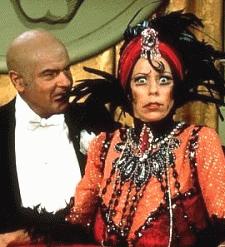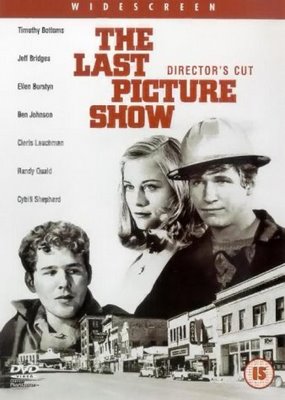I hate computer animation. Something about it -- perhaps the unnatural way things move -- almost always nauseates me. But not only did the animation in
The Incredibles not nauseate me, I found it entertaining and fulfilling. At first, I couldn’t put my finger on what made it so good, but after some reflection, I came up with the following elements:
1. Lifelike construction and movement in people, especially in the shoulders and hair. Hair usually looks bad in animation, but I thought the characters’ hair (especially Helen Parr/Elastigirl) looked and moved naturally. As a barbershop quartet performer, I’ve been told that the shoulders are “barometers of emotion” and that I should move them expressively to illustrate the mood of a song. I think the characters’ shoulders were used as barometers of emotion in the film. Compare how Bob Parr looked when he was beaten-down at his job with how he looked after defeating the first robot -- much of the change was in the shoulders. And even better, think of how defeated Mr. Incredible looked near the end of the film when he told Elastigirl that he wasn’t strong enough to risk losing her again -- the emotion was in the shoulders.
2. Incredible depth and detailed backgrounds. The backgrounds were never washed out or blank colors as they often are in animation. And think of the layers of movement in any of the scenes where people were flying. And all of the scenes with water, especially at night with the moon on the waves, were incredibly realistic.
3. The animators clearly prided themselves on small details that were probably labor-intensive but which added emotion and realism to scenes. For example, there’s a scene where Bob Parr is sitting at his desk and the scene is about to end and it is dark and the angle is from overhead and is backing away when he knocks over a cup with pencils in it and they spill on the floor. Because the shot is from far above and is backing away, the pencils are tiny, but they are the only thing moving in the scene at the time, and they add to the sense of futility that the scene painted.
4. The colors are vibrant but not oversaturated or garish.
What are your opinions of the animation’s strengths and weaknesses?









